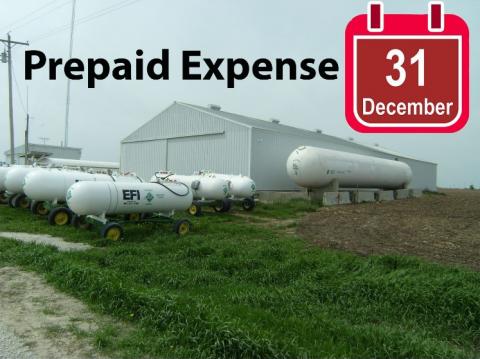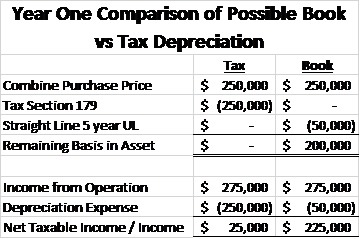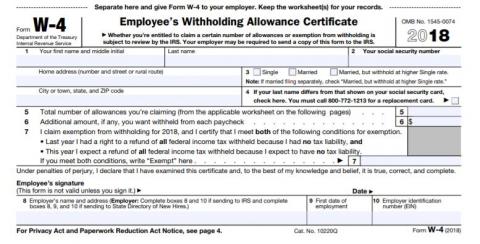Extended Tax Filing Deadline for Farmers and Ranchers
March 8, 2019
This week the IRS announced in Notice 2019-17 an extension to the March 1 deadline for farmers who did not make estimated tax payments by January 15, 2019.
Ag Accounting: The Ins and Outs of Prepaid Expenses
November 12, 2018
Are you considering some late 2018 purchases? Three factors can help you and your tax preparer determine whether they meet the Internal Revenue Service requirements for a prepaid expense.
Depreciation — What It Is and How To Use It
August 27, 2018
When and how should you use cost depreciation and when is better to use match depreciation? Each method offers benefits and can help guide decision-making.
Accounting for Agriculture: Federal Withholding after New Tax Bill
July 11, 2018
With the higher standard deduction and changes in child credits in the new US tax code, taxpayers may need to reconsider how much to withhold for federal taxes in each pay period. Here are information and a tool to help you assess your situation.
Trading Equipment Without Like Kind Exchange
May 22, 2018
Learn how the new federal tax law affects depreciation and basis with new ag equipment purchases. This is one in a series of articles on accounting considerations for ag operations.
Accounting for Agriculture: Who’s a “Related Person”?
May 14, 2018
Understanding the IRS definition of family and its implications for your taxes is important when doing business with "related persons." This is one in a series of articles on Accounting for Agriculture.
Accounting for Agriculture: Personal Property Tax Relief Act
March 5, 2018
With new changes in tax laws and likely more on the way, if you have tangible property in several districts, consider this option for taking more than one personal property tax exemption. With a little more paperwork, you can keep more of your income on the farm or ranch.
Accounting for Agriculture: Using Constructive Receipts
February 27, 2018
Constructive receipts, as provided by US Internal Revenue Service code, provide a means for time-sensitive accounting to address transactions crossing over two record-keeping periods. Here's how to correctly use this accounting option.






